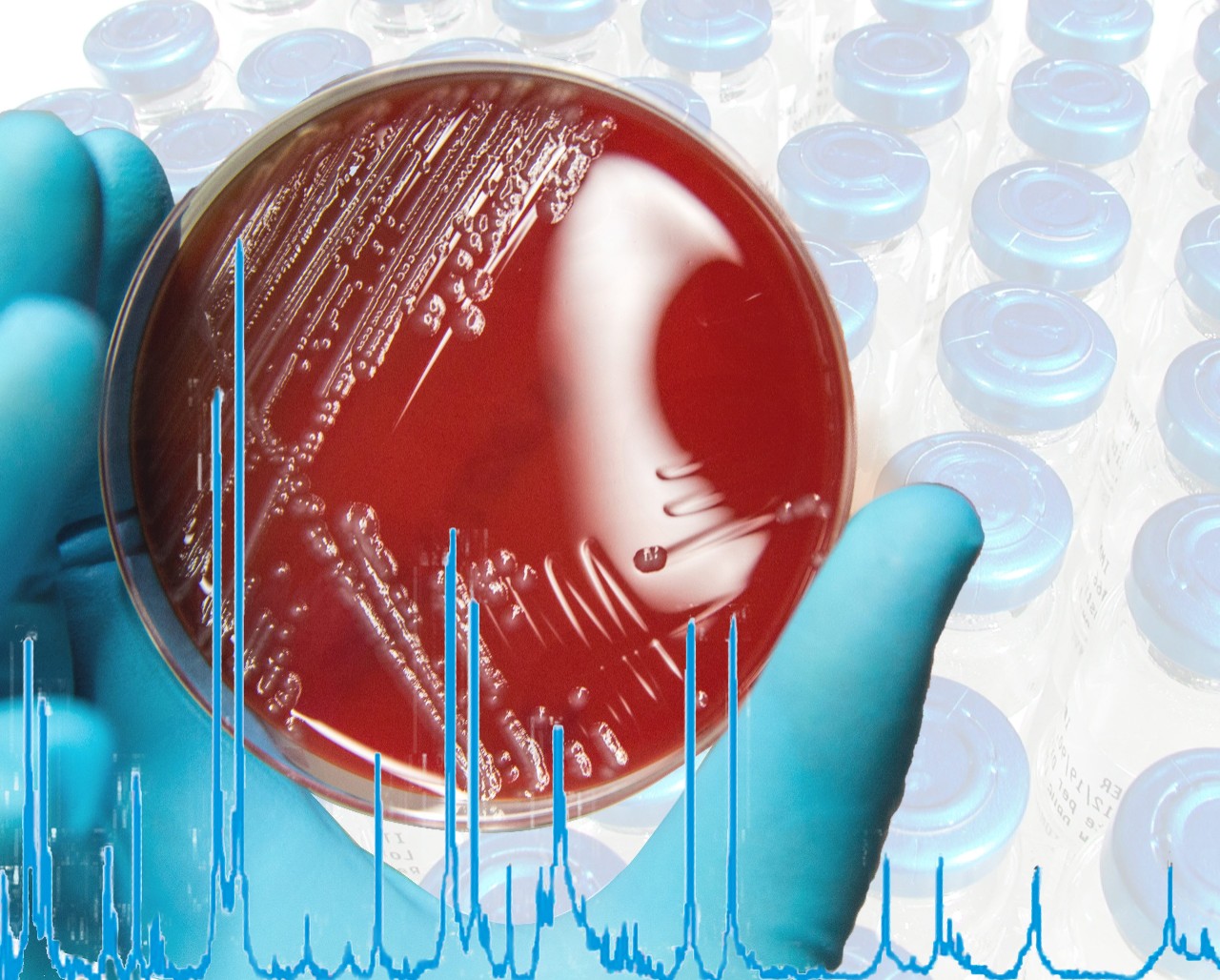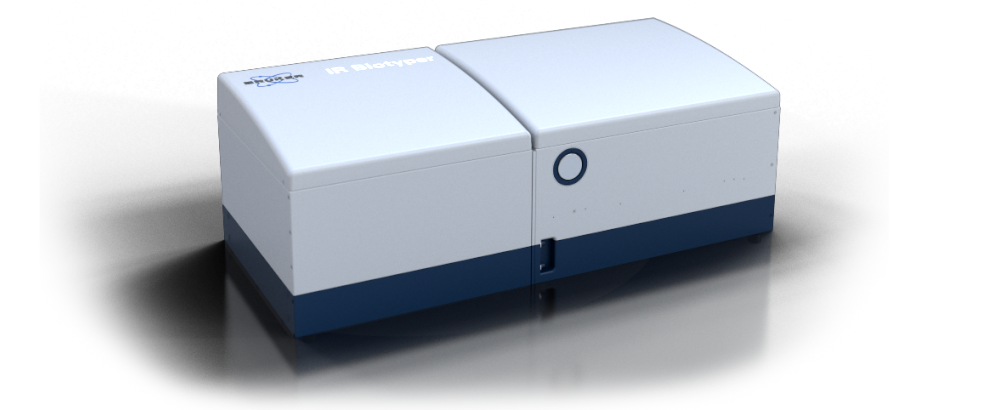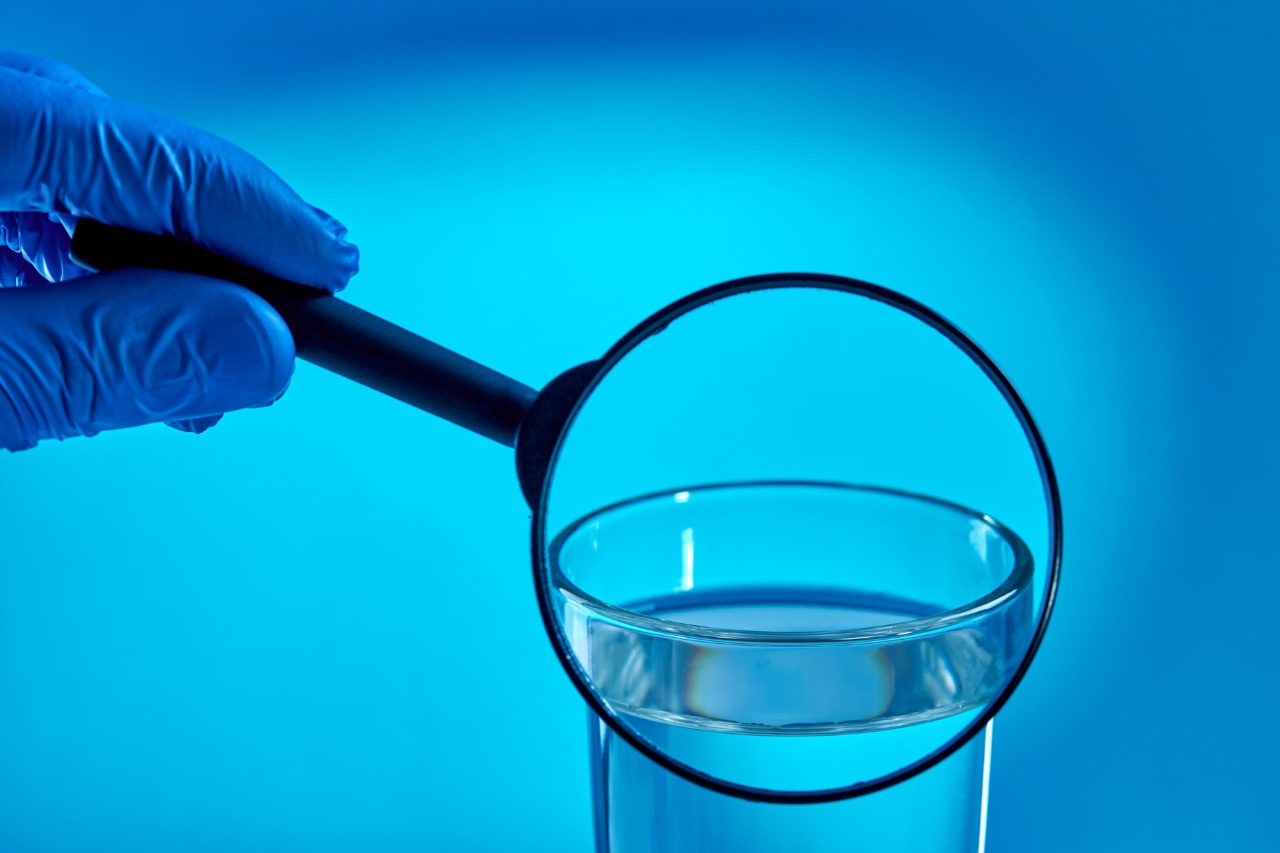Pharmaceutical Microbiology
Highlights
Pharmaceutical Microbiology
Pharmaceutical microbiologists are responsible for ensuring that the supply of life-saving drugs and vaccines are free from microorganism contamination. By maintaining product safety and quality with reliable microbial testing, the downtime of production and delay in deliveries can be minimized, while ensuring regulatory compliance. Pharmaceutical companies require microbial identification not only for production line control, but also for sterile products such as vaccines.
Eigenschaften
Safety and efficiency
Pharmaceutical microbiologists have a responsibility to ensure efficient production and production control, and to secure products are safe and free from contaminants. When a positive culture is detected in a sample along the pharmaceutical process chain, for example in raw materials, an end product or in the production environment, identification of the cultured microorganism is required. This ensures finished product sterility and, ultimately, patient safety.
Rapid microbiological identification
When time is critical, the ability to identify a range of microorganisms in one workflow and one system is invaluable – especially for demanding varieties such as anaerobic and non-fermenting bacteria and multicellular fungi. Matrix-Assisted Laser Desorption/Ionization Time-Of-Flight mass spectrometry (MALDI-TOF MS) provides pharmaceutical microbiologists with a rapid method for the identification of microorganisms, based on their unique proteomic fingerprint.
This technology is transforming the quality control workflow, by saving valuable time and enabling data tracking and integrity, as well as 21 CFR Part 11 compliance.
Tracking the microbial source
Source tracking is crucial in contamination cases. If the same microorganism is identified repeatedly in the production line, microbiologists must conduct route cause analysis (RCA) to establish the source and identify the microbial strain to ensure the outbreak is contained. Infrared (IR) spectroscopy is ideally suited for source tracking and, combined with MALDI-TOF MS, joins the power of strain typing with rapid and sensitive microorganism identification.


